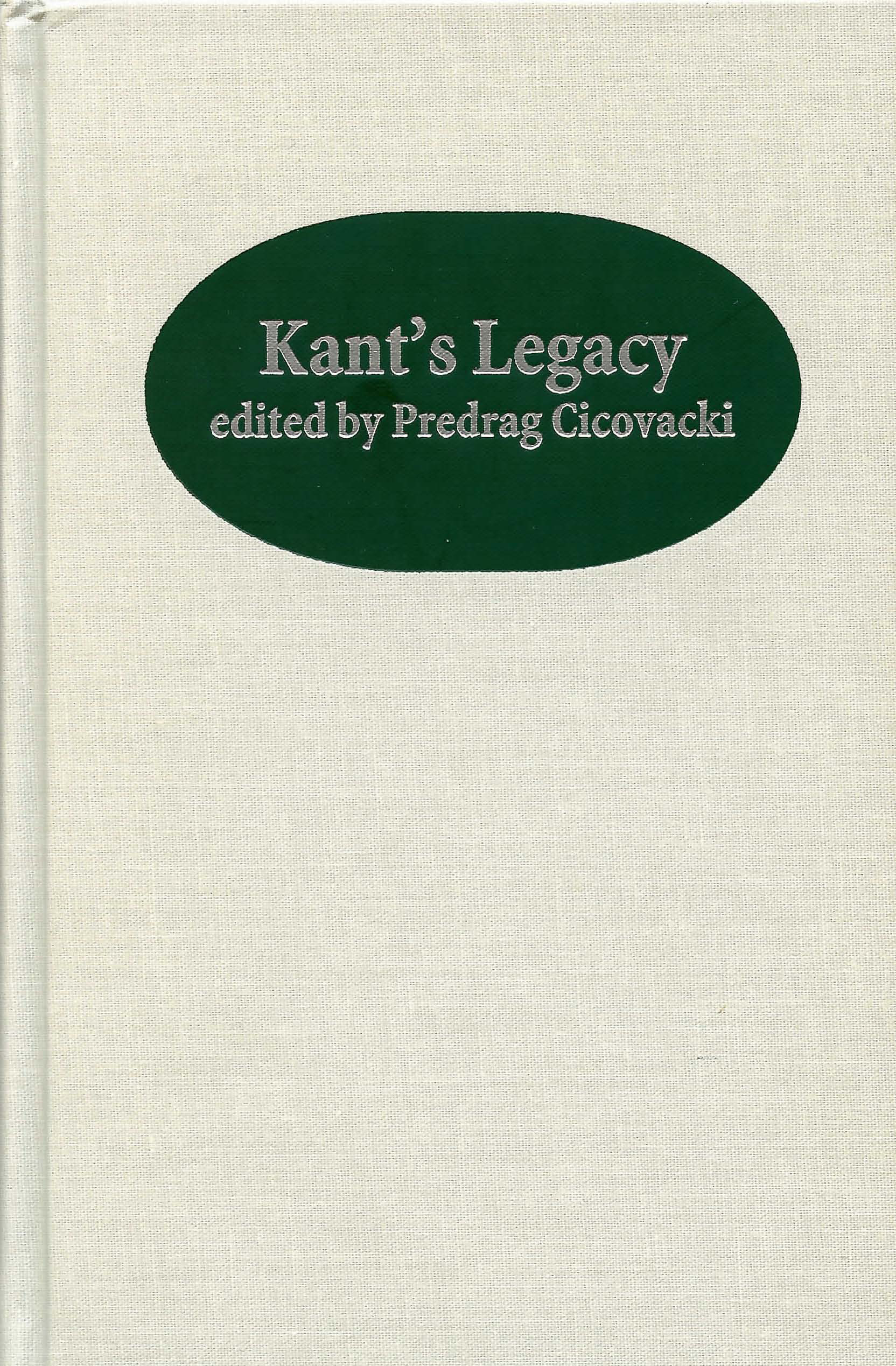Kant in the 1760s: Contextualizing the “Popular” Turn
Published online by Cambridge University Press: 22 March 2023
Summary
Suppose Kant had not been Professor of Logic and Metaphysics in the University of Königsberg. Suppose rather that, like his friend Berens, he had become a businessman; or like his pupil Herz a physician; or like his neighbor Hippel a civic administrator; or like his brother Johann Heinrich a pastor. Suppose, further—and this is easier to suppose—he had like the first three followed a literary avocation. We may presume that he would have had a reputation in his time as good as that of many men we have mentioned in this book, and would now be as forgotten as they.
—Lewis White BeckI. Rethinking the Popular Philosophy of Hochaufklärung
It is only right to laugh along with Heinrich Heine’s witticism that Kant had no life and therefore required no biography or history. At the same time, it is important to make a place in contemporary Kant scholarship for historical contextualization alongside contemplation of the “timeless” arguments of the Königsberg Aufklärer. Kant had a history and a biography; he lived in his time, embodying and contesting it in richly nuanced ways. My essay is a contribution to the historical reconstruction of Kant’s thought. It is also homage to one of America’s most discerning contextualizers of Kant, Lewis White Beck.
Concretely, I am interested in approximately one decade in Kant’s history and biography (1762–73), during which his compass wobbled wildly from the telos of the critical philosophy we have ever since enshrined. Everyone knows Kant had a moment, in the 1760s, when his scepticism concerning metaphysics seemed to be turning him into a “Prussian Hume.” Relieved by Kant’s “critical turn,” historians of philosophy have passed over this moment as a mere aberration after which Kant found his true path and went on, consistently for the next thirty years, to create the critical system. Even so historically sensitive a Kant scholar as Giorgio Tonelli may be taken as exemplary of all this:
The essayistic style became fashionable only at the time of the socalled ‘popular philosophers’ such as Mendelssohn, Meiners, Tetens, etc. Kant, in his pre-critical period, shared this view; but he was soon converted to a very new kind of systematic spirit, which would henceforth inform his critical philosophy.
- Type
- Chapter
- Information
- Kant's LegacyEssays in Honor of Lewis White Beck, pp. 387 - 432Publisher: Boydell & BrewerPrint publication year: 2001
- 2
- Cited by



